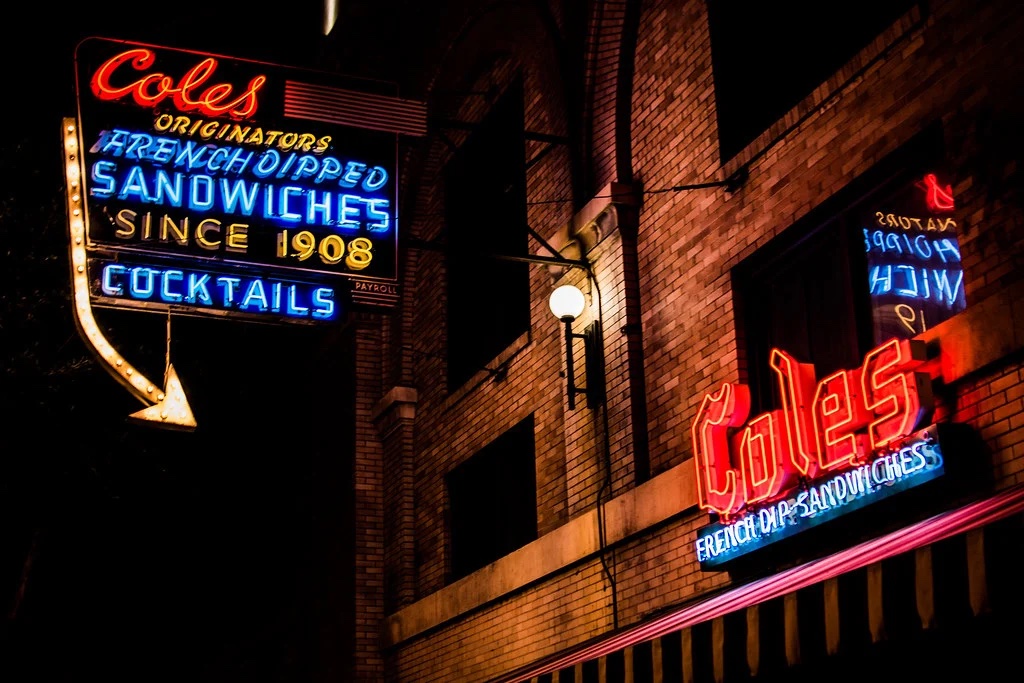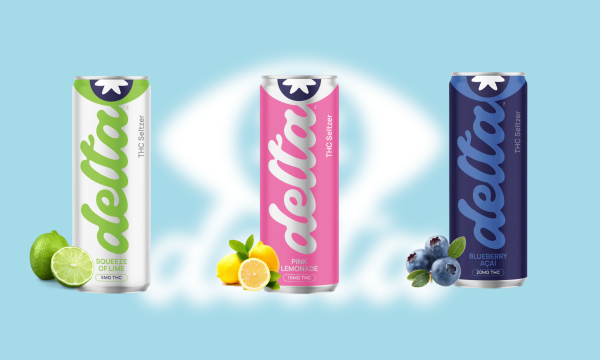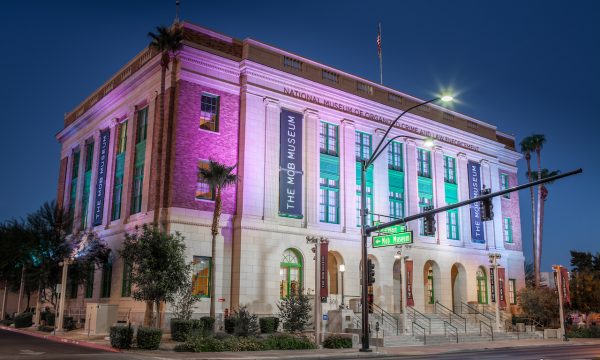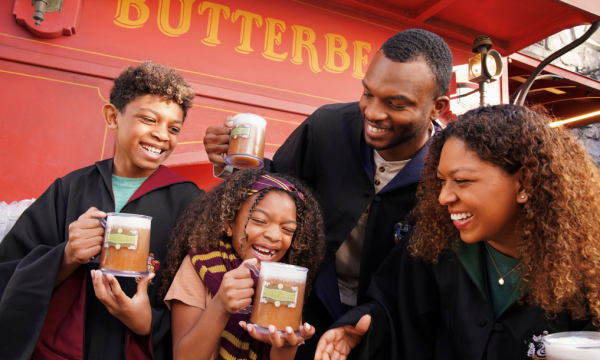After 117 years of serving up its iconic sandwiches, stiff drinks, and late-night comfort, Cole’s French Dip — one of Los Angeles’ oldest restaurants — is closing its doors for good.
Nestled in the historic Pacific Electric Building since 1908, Cole’s was more than a restaurant. It was a living piece of Los Angeles history — a dimly lit refuge for generations of Angelenos, where time seemed to slow down and every booth came with a story. Credited by many as the originator of the French dip sandwich, Cole’s stood as a fixture in downtown LA long before skyscrapers and gastropubs reshaped the city’s skyline.
The announcement has sent a wave of sorrow through the local food and culture scene, particularly among those who understand what it means to hold a century-old business together in modern-day LA.
Norm Langer, owner of Langer’s Deli — itself a landmark institution — called the closure “a heartbreaking loss for Los Angeles.” He noted that Cole’s was more than just a restaurant: it was a second home for generations, a place where tradition, community, and comfort food came together. Langer also pointed to the mounting pressures facing legacy businesses: a post-pandemic landscape riddled with rising costs, bureaucratic red tape, and the shifting tides of downtown life.
“Los Angeles has lost more than a business,” he reflected. “We’ve lost a piece of our soul.”
Cole’s faced many of the same challenges plaguing other independent restaurants — including rising crime in the area, pandemic-related setbacks, and the increasingly steep costs of doing business. While the specific reasons behind the closure have not been officially detailed, the writing has been on the wall for some time. Still, few expected the century-old mainstay to actually vanish.
For many, the loss of Cole’s is personal. It’s a place where first dates turned into anniversaries, where bartenders knew your name, where the past lived on in every red leather booth and neon sign.
Its absence will be felt not just by sandwich lovers, but by anyone who believes in preserving the fabric of Los Angeles — one historic bite at a time.














